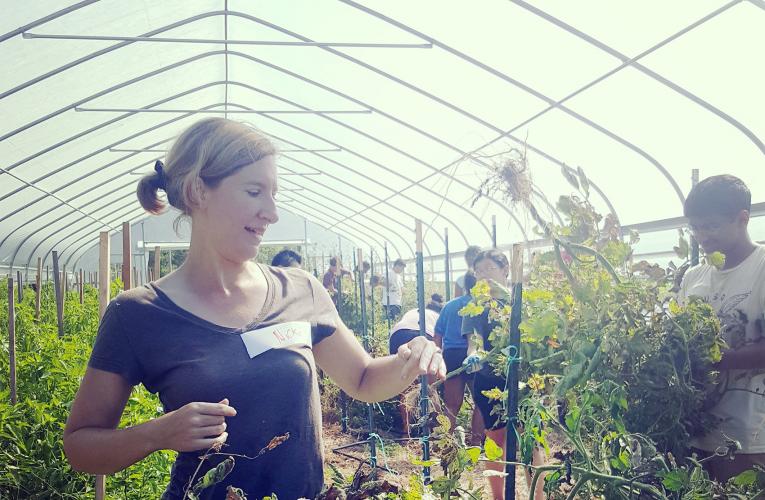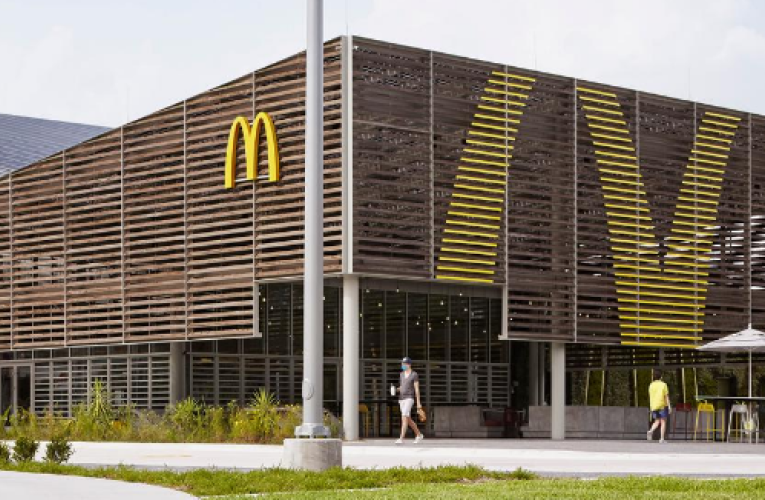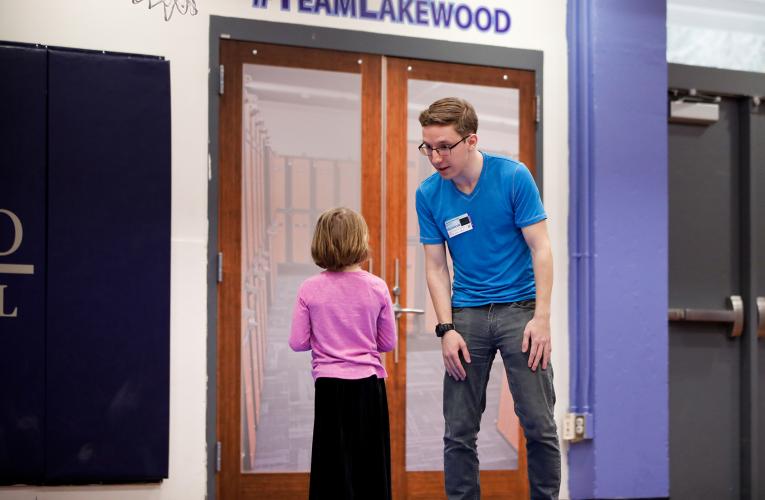Read more stories featured in the Duke Environment Magazine Fall 2020 issue.
It is hard to throw a rock these days and not hit a crisis of some sort.
Right now, we are managing multiple. The health and public safety crisis of COVID-19. A generational reckoning over racial inequities. A financial cliff that is only beginning to reveal itself.
Against these three crises a fourth looms in the background—climate change—which had the stage prior to March. Hurricane Laura in the southern U.S., wildfires in the western U.S., monsoon flooding in China, Cyclone Amphan in Bangladesh and India, and flooding in Africa remind us we must remain vigilant. And they humble us to imagine what an additional weather-related disaster would mean for us now, on top of everything else.
Is managing through these cumulative crises exhausting, grueling, frustrating, exasperating? Absolutely. At the same time, these experiences can be enormously satisfying, rewarding and fulfilling. Why? Because our purpose has never been clearer, the opportunity to help and make a difference has never been more palpable, and the work we do together to achieve immediate outcomes has never been more meaningful.
When you imagine a leader in a crisis, what comes to mind? Here is the first thing that popped into my head: A powerful male figure standing, hands on hips, taking charge of a situation, commanding respect, asserting direction, and claiming victory with a triumphant cry of “Mission accomplished!”
It’s a perfect image…for 1945.
But those who will help lead us through the cumulative crises we face today need different skill sets than what our imaginations might conjure. The ability to listen, communicate, empathize, help people make sense of complex situations, speak truthfully, facilitate, collaborate, create transparency, fail and recover, and maintain a sense of humor—these, not unassailable authority, are what will lead us to solutions. Leadership is not always pretty or precise or free from doubt.
Daunting though they are, the crises we face today present an opportunity for each of us to apply these skills, put our best self forward, and lead from wherever we are.
The pandemic demonstrates to us that collective action is possible on a local to global scale. We can do hard things when we are called upon to do so. The financial crisis brings hardship, but also a rare opportunity to re-imagine the investments of the future and shift our economy and infrastructure onto more sustainable trajectories. The racial equity crisis is a call to action for a more just and anti-racist world at the individual, collective, institutional and structural levels.
Together we can create the world we want, even if we will never be able to anticipate and control everything in it. The discomfort we feel now is a reminder that we are sometimes not in charge. To thrive—and lead—we must be adaptable and learn to manage uncertainty in all its forms, without foregoing the important, mission-driven work that makes the Nicholas School special.
Foremost among this work is the need to address the climate crisis.
Even with the other crises swirling around us, our strong vision can still prevail. I have charged everyone at the Nicholas School to turn our considerable talents toward focusing on climate change, to make it our mission to ensure every single student who graduates from Duke has some degree of earth and environmental science literacy, and to do this while engaging in narratives of hope and possibility instead of narratives of despair.
Since the beginning of the year, we have made substantial progress on all fronts. We have a new $20 million gift that has—among other things—enabled us to hire two outstanding junior faculty members to help move our schoolwide climate vision forward. The university is pivoting toward the impact Duke can collectively have to address climate change, and Nicholas is at the center of this work. Parallel with this effort, President Price has appointed a new Board of Trustees Task Force on Climate and Sustainability to help Duke chart its vision into the future.
Now has never been a better time to lead, and leadership has never been more important than in this moment. Our mission to create environmental leaders with local to global impact resonates more than ever. Despite a surfeit of global and national crises, the Nicholas School continues to lead. And everyone in our orbit—faculty, staff, students, alumni, Board of Visitors, Alumni Council and friends—is essential to making this moment matter.
At a time when it’s hard to throw a rock and not hit a crisis, it’s reassuring to know we’re still aiming for the bullseye.




